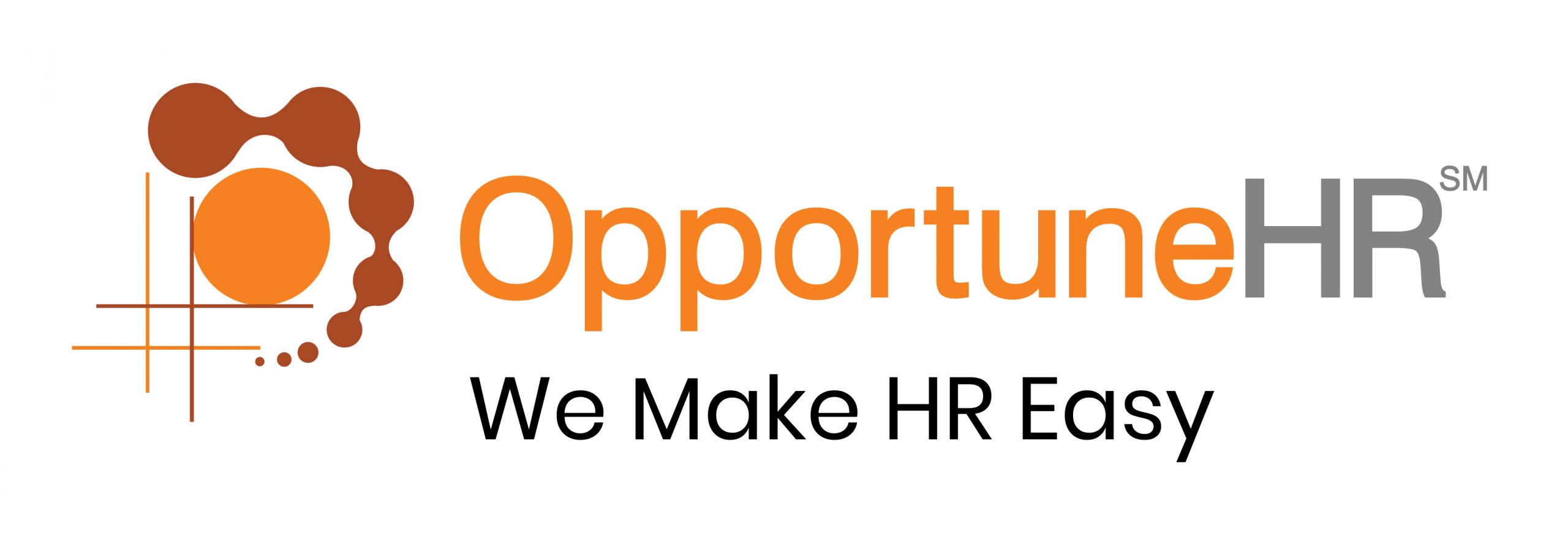As graduation season approaches, it’s important to start preparing for campus interviews. This can be an exciting and nerve-wracking experience, but with the right tips and tricks, you’ll be able to land your dream job in no time. In this blog post, we’ll guide you through how to prepare for campus interviews and make the best impression possible.
Why Preparing for Campus Placement is important?
Preparing for campus placements is vital for any student looking to enter the workforce. These recruitment drives are the gateway to some of the best opportunities available in the industry. Hence, it’s essential to have a solid plan in place to crack the interview.
A well-planned preparation strategy ensures that you are aware of the company’s requirements and expectations. It enables you to highlight your strengths and overcome any weaknesses during the interview rounds. Therefore, investing time in preparing for campus placements can make a significant difference in your career path.
Here are the steps to prepare well for campus interviews–
Work On Your Resume
Having a strong resume is crucial to make a good first impression on potential employers during campus placement interviews. Here are some tips for creating a resume that stands out:
–Tailor your resume to the job and the company you are applying to. Highlight your relevant experience, skills, and achievements that match the requirements of the job.
–Use a professional font and format, and keep it concise and easy to read. Avoid using flashy graphics or colours that may distract the reader.
–Include a clear objective or summary that highlights your strengths and career goals. This will help the employer quickly understand what you bring to the table.
–Highlight your achievements, projects, and extra-curricular activities that demonstrate your skills and potential. Quantify your accomplishments wherever possible.
–Ensure that your education and qualifications are listed accurately and prominently. Mention any relevant coursework or certifications that show your expertise.
–NEVER ever lie on your resume. Put the actual dates and time periods.
Proofread and edit your resume multiple times to avoid any errors or typos. Get feedback from mentors or peers to improve the content and presentation.
A strong resume can make a lasting impression and make you stand out from other candidates during campus placement interviews.
Understand the Exam Structure: Knowing the Test Formats and Requirements
Many companies take aptitude tests before shortlisting the final candidates. To increase the chances of success in campus placement, candidates must understand these test formats.
It helps if a candidate is familiar with the type of questions; they should also practice aptitude questions regularly to improve their accuracy and speed.
It is essential to follow the instructions and not to jump into answering the questions without understanding them carefully.
Be in touch with college TPO and his student team. They can guide you about various tests the companies employee to shortlist the candidates.
Better, be a part of the TPO team! And get a first-hand understanding of the selection process and expectations of organisations.
Here are some tips to help you gain confidence for the interview rounds:
Before the Interview:
1. Positive Self-Talk: Before entering the building, take a moment to focus and talk positively to yourself. Remind yourself of your skills and attitude.
2. Prepared Answers: If you go into an interview with prepared answers for most questions, it takes the pressure off, and you’ll feel confident in your abilities.
3. Research the Company: Planning and researching the company and their requirements ahead of time can help ease your nerves and give you a better understanding of their needs.

What to research?
One of the most important aspects of preparing for a campus interview is researching the company beforehand. This step is crucial for understanding the employer’s expectations and showing that you have a genuine interest in working for them.
Also, go through the job description if available.
The first thing you should do is explore the company’s website:
Look for information on their industry, products, and services. This will give you a basic understanding of what the company does and their position in the market. Next, search for recent news articles about the company to find out about the latest developments or challenges they are facing.
Candidates should know the sector the company operates in, the challenges it is facing, and who its competitors are. This knowledge will help candidates understand the company’s values, its goals, and its expectations from employees.
Candidates must be updated with the latest developments in their field through regular reading and exploration. This will help them appear well-informed and proactive during the interview.
It will help if you can talk to some employees in the prospective company. If the company regularly comes for the campus selection in your college, some of your seniors must be working with them.
Another way to research the company is by checking out their social media profiles.
This can give you insights into their corporate culture and values, as well as any current events or initiatives the company is involved in.
It’s helpful to learn about the company’s competitors and how they differentiate themselves in the market. This will allow you to demonstrate your knowledge of the industry and the company’s unique selling points.
By taking the time to research the company and their specific requirements, you’ll be better prepared to answer interview questions and demonstrate your suitability for the role. This extra effort will also help you stand out from other candidates and increase your chances of getting hired.
Practice for Panel Interview
Panel interviews can be intimidating, but adequate preparation can help candidates feel more confident and capable. Practicing for panel interviews is crucial to ensure that candidates can answer questions from multiple interviewers and showcase their skills effectively.
It’s essential to research the company beforehand to understand their mission, goals, and roles. Candidates should use LinkedIn to study the company updates.
A great first impression is essential, so dressing appropriately and direct eye contact can help create a professional image.
Generally, interviewers ask if the candidate has questions. So, based on your research about the company, prepare 4-5 relevant questions. These questions show that the candidate has done their research and has a genuine interest in the company.
Practice is key; candidates should do mock practice answering potential questions with friends or family to gain confidence and refine their responses.
During the interview, candidates should read the room and engage with everyone, not just the person asking the questions. A great way to start is by introducing oneself. Practicing mindfulness techniques such as deep breathing can help reduce anxiety and increase focus.
Taking the time to prepare thoroughly will help you feel more confident, leading to better performance during the interview.
Revise Your Subject: Prepare Thoroughly for the course related Round
In this round, candidates are tested on their subject knowledge. To perform well in this round, it is essential to revise your subjects thoroughly.
It’s advisable to go back to the basics and revise the fundamentals of each subject. Make sure you clearly understand the concepts related to your field.
If in the initial conversation the interviewers feel interested, they ask detailed questions about the candidate’s project work, internship and summer training experience. So thoroughly revise these aspects. If you can give some concrete examples, that will help you get selected. Final Thoughts and Tips for Campus Placement Preparation
Always maintain a positive attitude throughout the placement process. Remember, stress and anxiety are normal. Deep breathing will help you in these moments.
Secondly, always take feedback and suggestions constructively. There are chances that students may not make it to the final rounds even after the excellent preparation, and that is okay. Seeking feedback from interviewers will help students identify their weaknesses and overcome them in the future.
Lastly, practicing and preparing with peers or mentors can also give you an edge in campus placement. It will also help in staying motivated and getting different perspectives on interview strategies.







